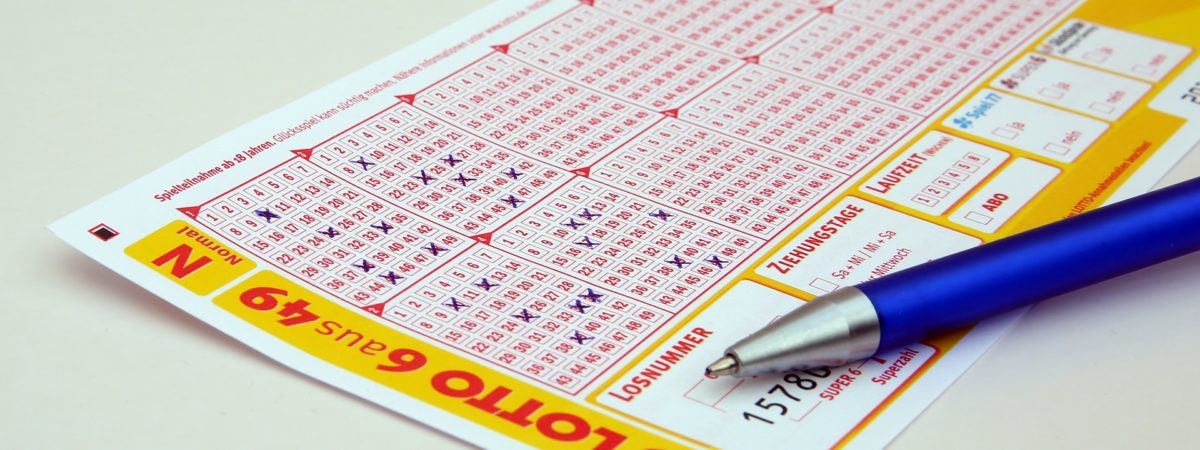
This time of year we all dream of winning the lottery and moving to a tropical island away from all the snow and cold. While it seems commonplace today to run out and pick up your lottery ticket, this hasn’t always been the case. Lotteries have been around thousands of years, but we won’t be going that far back. We’re going to take a look at Canada’s brief lottery history: how the opinions and laws surrounding gambling and the lottery have changed dramatically.
The Lottery’s Early Life
In its early years, Canada used lotteries as a way to fundraise for public works. As a new country with no real means of income, the government had no way to fund things like building roads or bridges. Provinces would petition their provincial legislature for permission to hold a lottery in order to raise money for a cause. Thus, the lottery was used early on as a way to support public works.
A Ban on Gambling & Gaming
As Canada became a more settled, profitable country, they didn’t have to rely on gambling to fund public works, and gambling and gaming were becoming less socially acceptable. By 1875, the Canadian government decided to step in and create laws to stop all gambling and gaming, and by 1892 the Canadian Criminal Code officially banned all sorts of gambling. But the ban didn’t last very long. Shortly after the ban, bingos and raffles were allowed for charities. Not long after, horse racing was also added to the list of acceptable forms of gaming.
Reintroduction and Canada’s Lottery
As time went on, the Canadian government began to see more value in gaming, especially lotteries. They amended the Criminal Code in 1969 to allow lotteries to run provincially and federally for the funding of special projects.
In 1970, only a year after the amendment of the Criminal Code, both Quebec and Manitoba opened lottery games. Loto-Quebec was the first Canadian corporation formed to administer lotto operations. Other provinces quickly followed suit, creating lotteries to help boost the income of provincial governments.
The National Lottery
While the provinces created their own lotteries and began making smaller lottery draws, the first national lottery in Canada was held in 1974. Known as the Canada Olympic Lottery, it was created to raise money for the 1976 Olympics in Montreal. The tickets cost $10 and the grand prize of $1 million was split between 9 lucky women from Quebec City. (And, just in case you were wondering and needed a set of lucky numbers, the winning numbers were: 3093734.) This lottery would later become Lotto-Canada and would be used to fund other Olympic games and national works.
Lotteries Today
Today, there are 2 major nation-wide lottery games: Lotto 6/49 and Lotto Max, in addition to the provincial games. All provincial games are administered by 5 regional organizations: Atlantic Lottery Corporation (ALC), Loto-Quebec, British Columbia Lottery Corporation (BCLC), Ontario Lottery and Gaming Corporation (OLG), and the Western Canada Lottery Corporation (WCLC).
Similar to Canada’s early lotteries, all the profits from today’s games are required to benefit public or civil causes. This means you can feel good about buying your next ticket!
Author: Danielle Mohr
Danielle is a professional copywriter and editor who provides services to Jackpot Lawyer on a contract basis. She has a broad range of experience in business marketing and is highly motivated to help businesses generate leads, increase sales, and promote growth.
Danielle has worked on websites, corporate blogs, and manuals for professionals, trades, government-funded organizations, and international corporations. Her work is driven by a strong passion for continued learning and she enjoys the challenge that comes with forging connections in the digital realm.
Danielle is the owner of Fine Point Writing & Editing based in Edmonton, Alberta.